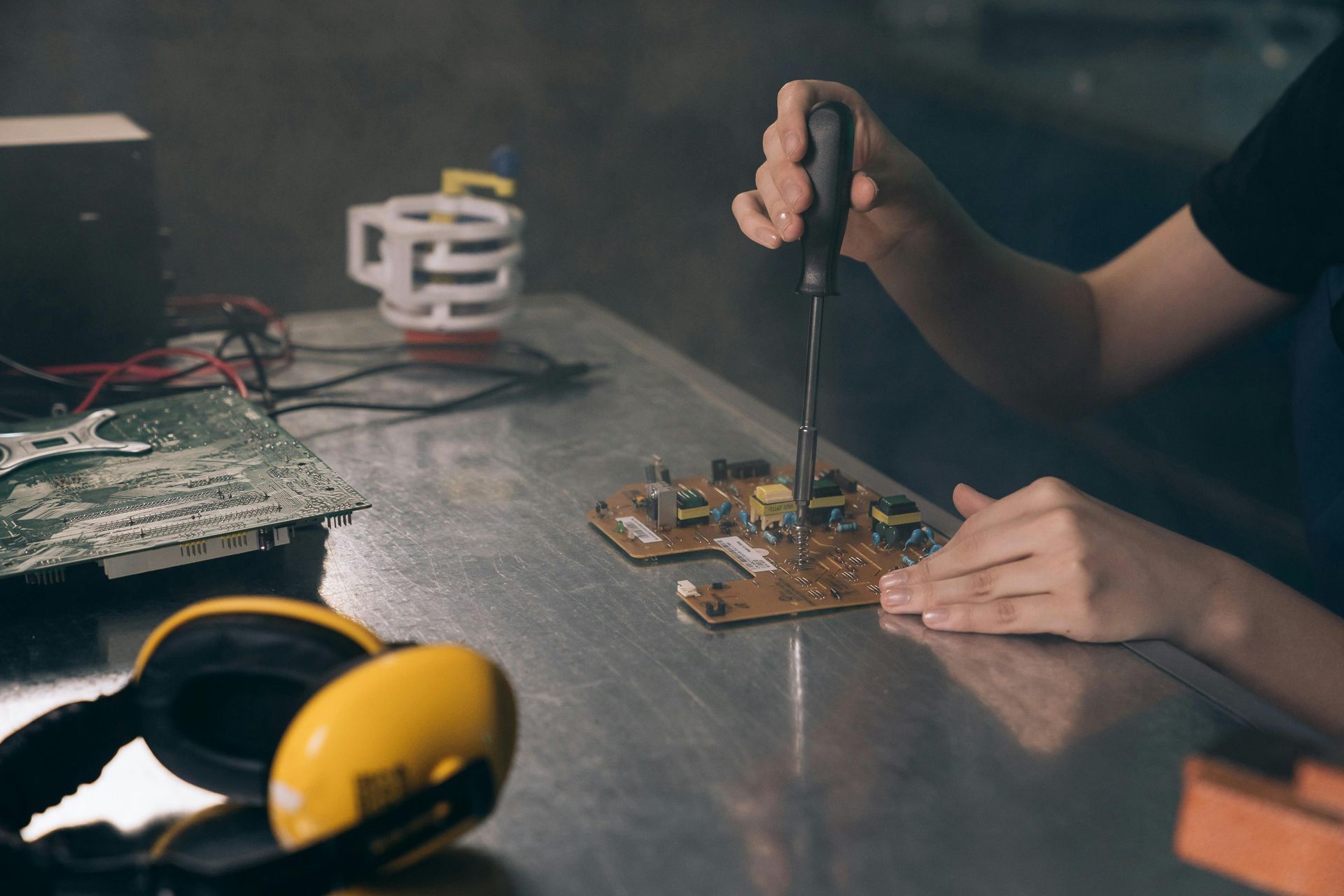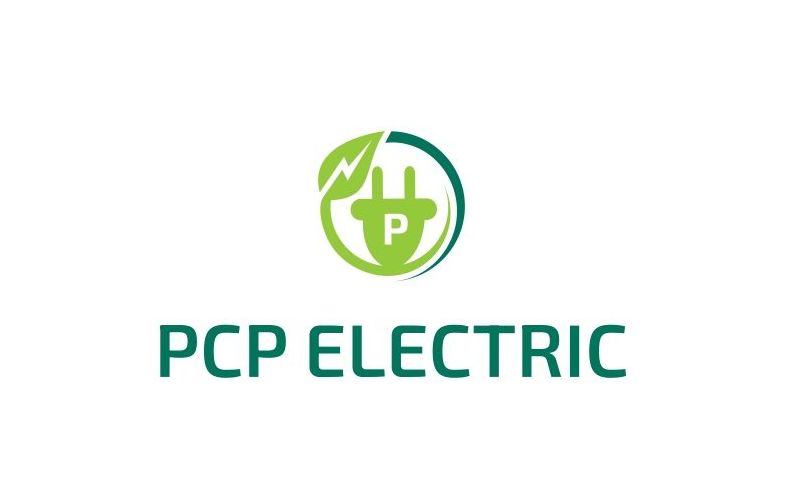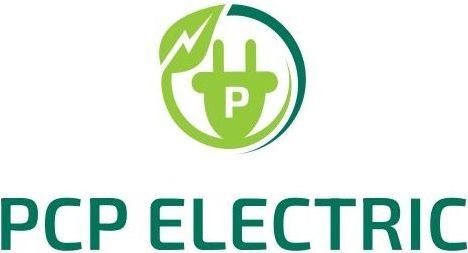Top Electrical Components Every Industrial Project Needs
Why Choosing the Right Electrical Components Matters

When it comes to industrial projects, the reliability and performance of electrical components can make or break the entire operation. From manufacturing lines to data centers, having the right components is crucial for safety, efficiency, and longevity. For companies sourcing quality parts, choosing reputable electrical component suppliers is just as important as the components themselves.
Here’s a breakdown of the most essential electrical components every industrial project needs and why they matter.
1. Circuit Breakers
- Function: Protect electrical circuits from damage caused by overloads or short circuits.
- Use Case: Installed in all power distribution systems.
- Why It Matters: Prevents costly equipment damage and ensures safety compliance.
2. Contactors
- Function: Electrically controlled switches used for switching an electrical power circuit.
- Use Case: Motor control, lighting, and HVAC systems.
- Why It Matters: Offers durability and the ability to handle high current loads reliably.
3. Relays
- Function: Act as switches, but with more control logic for automation and safety.
- Use Case: Automation systems and protection circuits.
- Why It Matters: Allows for low-voltage control of high-voltage circuits.
4. Terminal Blocks
- Function: Connect different electrical wires together securely.
- Use Case: Control panels, power supplies, and industrial control systems.
- Why It Matters: Simplifies wiring and improves system organization.
5. Push Buttons & Switches
- Function: Manual controls to operate machinery or systems.
- Use Case: Operator panels and safety systems.
- Why It Matters: Essential for emergency stops, restarts, and basic control functions.
6. Transformers
- Function: Change voltage levels for various equipment needs.
- Use Case: Industrial power distribution and voltage regulation.
- Why It Matters: Ensures machines receive correct voltage, preventing damage and inefficiency.
7. Fuses
- Function: Provide overcurrent protection by melting and breaking the circuit.
- Use Case: Used in electrical panels and machinery.
- Why It Matters: Acts as a fail-safe to protect sensitive components.
8. Cable Management Systems
- Function: Organize and protect wiring.
- Use Case: Control rooms, server installations, and industrial equipment.
- Why It Matters: Prevents hazards, improves airflow, and maintains easy maintenance access.
9. Power Supplies
- Function: Convert and regulate power for electronic devices.
- Use Case: Automation systems, sensors, and communication devices.
- Why It Matters: Stable power is essential for consistent performance and longevity.
10. Enclosures & Panels
- Function: House and protect electrical components.
- Use Case: Electrical rooms, outdoor systems, hazardous environments.
- Why It Matters: Ensures components are shielded from dust, moisture, and tampering.
Working with Trusted Electrical Component Suppliers
Industrial operations can't afford downtime due to poor-quality parts. Partnering with reliable electrical component suppliers in Singapore ensures:
- Consistent Supply: Avoid project delays due to shortages.
- Technical Support: Get advice on component compatibility and alternatives.
- Compliance Assurance: Receive certified and regulation-compliant products.
Whether you're building new infrastructure or upgrading old systems, your components must come from sources that meet international standards. Look for suppliers who partner with global brands like Schneider Electric, ABB, and Siemens.
Final Thoughts
Choosing the right electrical components is vital for the success and safety of any industrial project. By understanding each component’s function and relying on reputable electrical component suppliers, project managers and engineers can build efficient, durable, and future-proof systems.
Need help sourcing high-quality components for your next project? Contact our team today for expert recommendations tailored to your industry.


